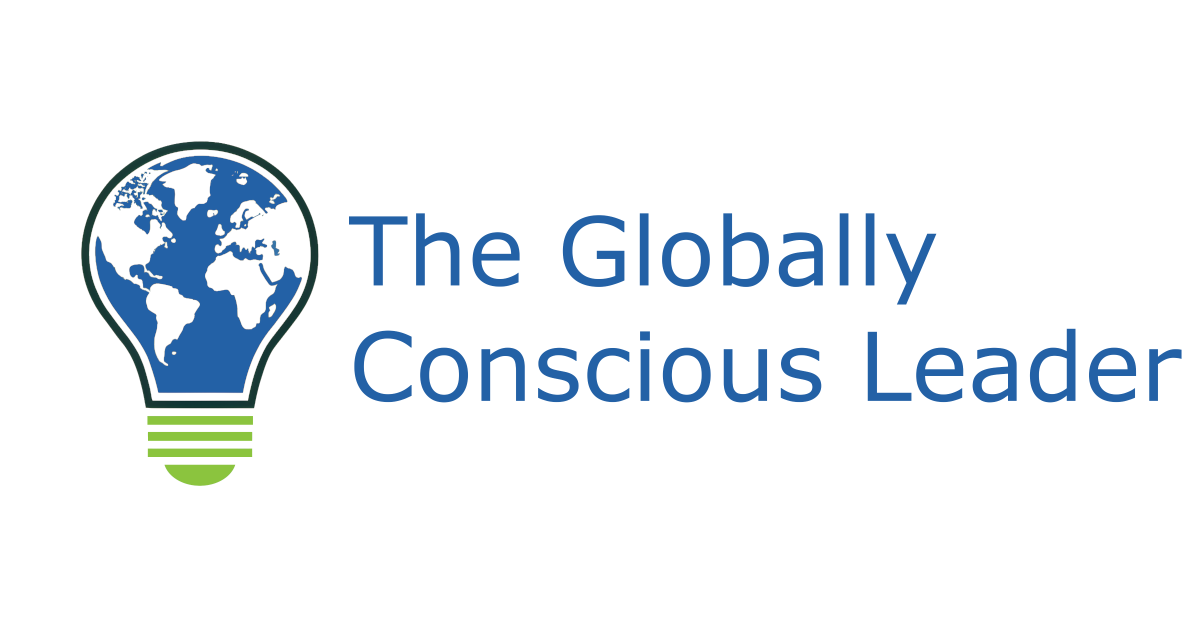Yeah for me, I think that, because my background is agriculture. And you don’t get do-overs in agriculture, so you always pay attention to soil health. You nurture the land the best you can. So I think for me it’s always been about long-term value in that regard, as otherwise the economy doesn’t continue, your business doesn’t continue and your job doesn’t continue.
I don’t think that the extraction model is a business model that someone sits down and says, “This is our strategy.” Yes. You know, how do we unlock value? How do we capture value? You know, different words are used.
But if you go into agriculture, and you go into the evolution of agriculture, and now because we’re talking about regenerative agriculture and other things, folks that have been farming for generations are kind of laughing at us saying, “Well, I was doing no-tilling long before it was popular or anybody else ever knew about it.”
And farms that I’ve been on have shared these stories.
And if you go on the other side of the world, we’re working in Indonesia or other places on the palm oil industry, you’ll see that those family’s livelihoods depend on how they nurture the land and bank the land.
But then you get the global supply chain impact, the global commodity pieces. And that’s where I think there’s a switch that happens between being thankful for what’s happening and supplying and servicing your family and those around you and your community, to feeding the world.

